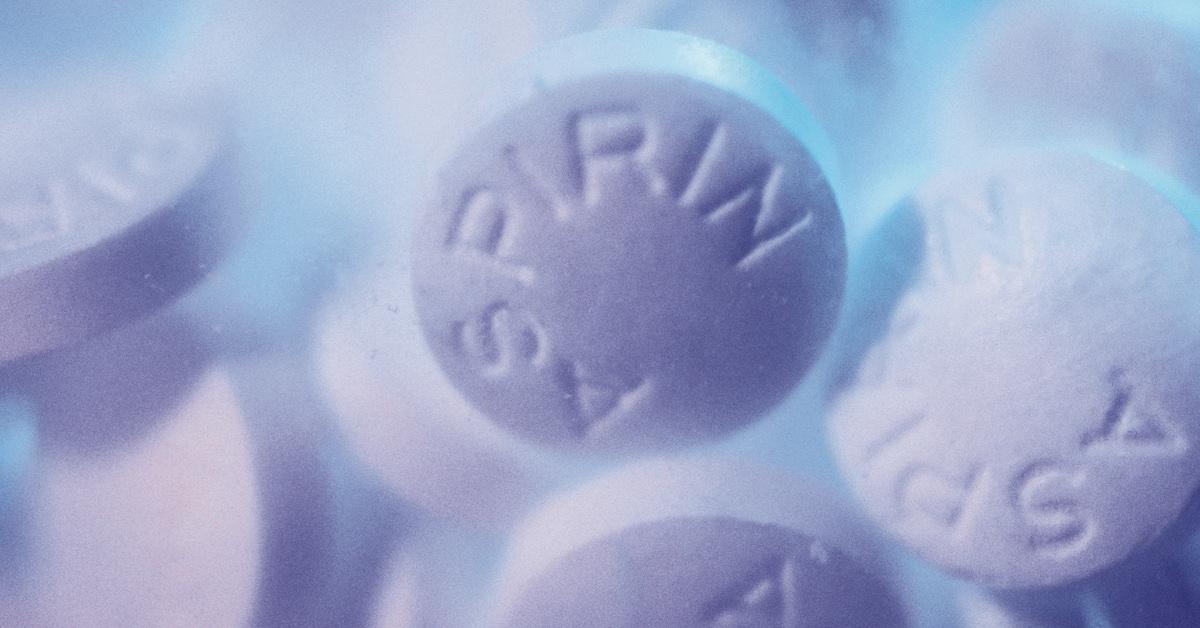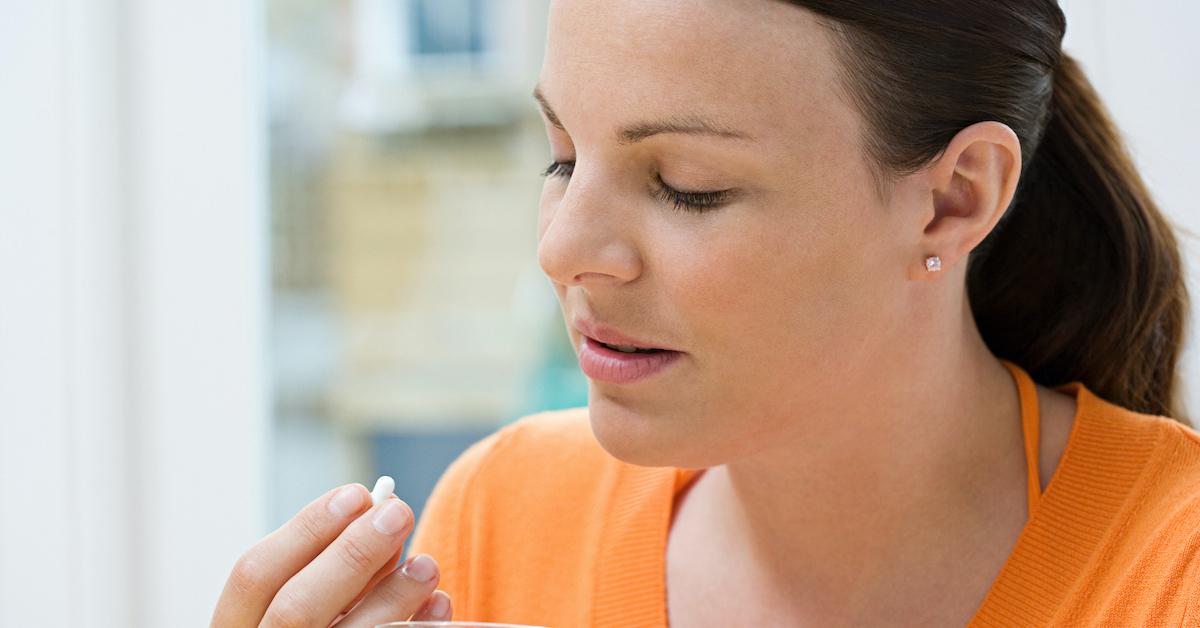Can I Take Aspirin After Getting the COVID-19 Vaccine? Here's What Experts Say
Published Feb. 17 2021, 1:40 p.m. ET

In various locations across the globe, those who qualify have been able to secure their first and second doses of the elusive COVID-19 vaccine. And while the long-term effects of getting vaccinated undeniably outweigh the vaccine's short-term side effects, many have complained of body aches, headaches, pains, and sometimes a fever within the first 24 hours following the shot (usually the second shot).
With that in mind, those who are currently preparing to get the second dose are wondering if you can take an aspirin after getting the COVID-19 vaccine — here's what experts are saying you should and shouldn't do in order to mitigate the vaccine's temporary side effects.

Can you mitigate the COVID-19 vaccination side affects with aspirin?
As previously mentioned, 24 hours of flu-like symptoms are common side effects of the second dose of the COVID-19 vaccine — you may get chills, body aches, a slight fever, and a headache. And although some worry that taking over-the-counter pain relievers, such as aspirin or ibuprofen, to alleviate these uncomfortable symptoms can potentially interfere with the vaccine's effectiveness, doctors and the CDC have both said there is no proof of that being the case, according to Prevention.
Aspirin is an OTC anti-inflammatory drug that helps with a number of symptoms that patients tend to experience following the second dose of the COVID-19 vaccine. As long as you consult your doctor, and they say that it's safe for you to take over-the-counter pain relievers, you should be just fine. Doctors also recommend hydrating before and after the vaccine, and getting enough rest in preparation and afterwards, as well. Luckily, most of us are spending most of our time resting, so doing so should be easy.

Can you take aspirin before the vaccine? Some are saying you may want to avoid doing so.
Although taking an OTC pain reliever following your vaccine has been deemed OK, you may want to hold off on popping one beforehand. According to Healthline, certain drugs — such as aspirin or ibuprofen — can affect the antibody response to the vaccine, if you take it ahead of time. Both anti-inflammatories can potentially lower the immune system’s response to the vaccine. More research on the matter is needed, but it's recommended to refrain from taking them beforehand, just to be safe.
AltaMed Health Services' medical director of infection prevention, Dr. Sherrill Brown, said patients should simply wait until they are potentially feeling the side effects of the vaccine before taking anything to mitigate them.
“I would recommend waiting until someone experiences side effects of fever or pain that require fever-reducing or pain-reducing medications,” she said, according to Healthline, “and not to take them as a prophylaxis to prevent vaccine related symptoms.”

Although the symptoms that can coincide with the second dose of the vaccine may sound uncomfortable, getting a dangerous bout of COVID-19 is far worse. So once you get your second shot, take an Advil (if you're medically able to), stay hydrated, and rest in solace knowing you'll feel fine for the long haul.